How We Test DJ Gear, Software, and Services at DJ Tech Reviews
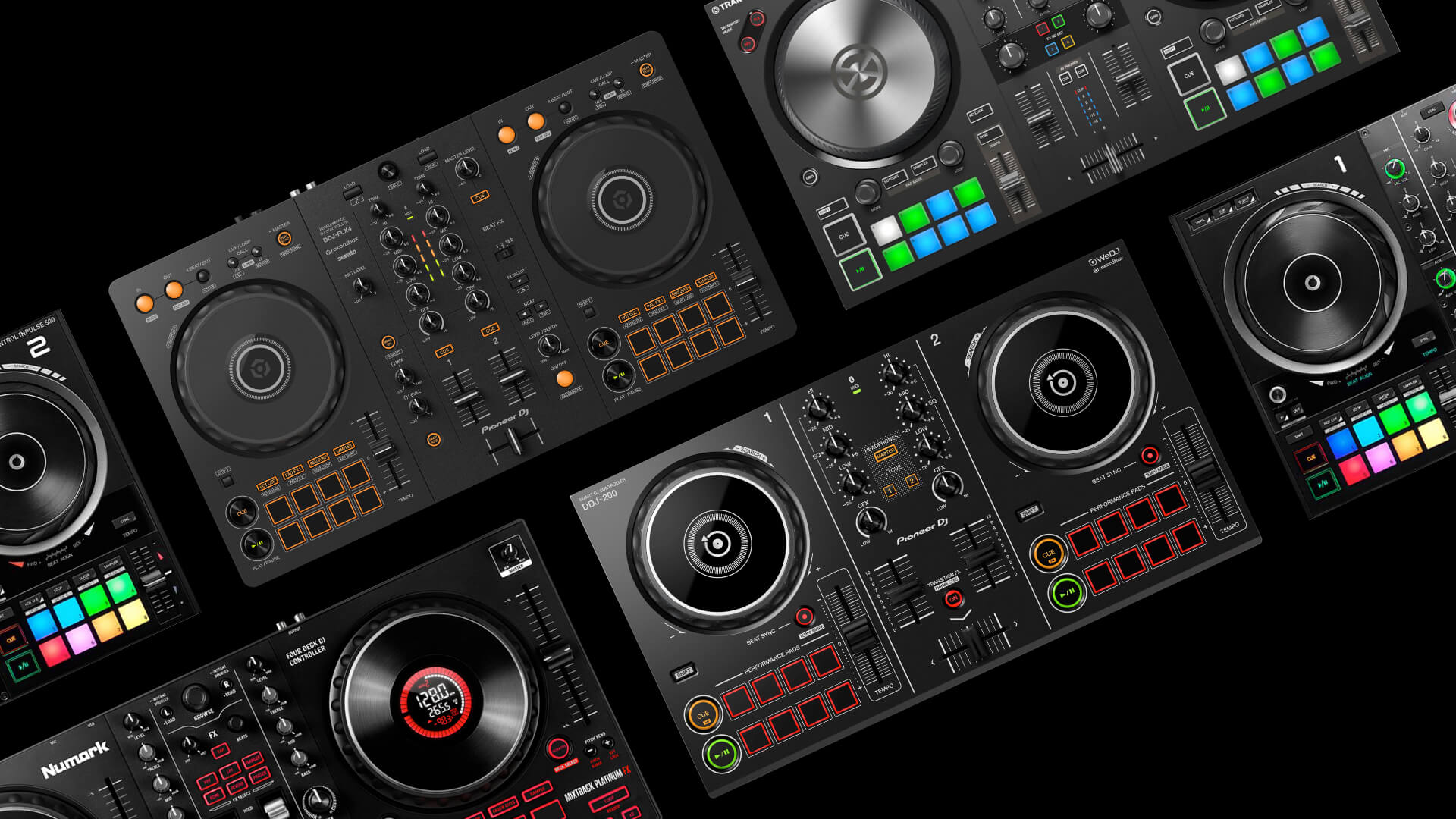
DJ Tech Reviews test a huge amount of DJ gear every month, resulting in lots of product reviews of anything related to DJ equipment such as DJ mixers, DJ controllers, CDJs, media players, DJ software, speakers, and much more. The single most important thing that ties all this together is our consistent attitude to testing.
Our testing methodology is simple – we want to help you make the best buying decisions when choosing the right DJ gear for you. Taking into consideration budgets, styles, setups, and solutions – we want you to have the best tools to hone your craft.
At DJ Tech Reviews, we meticulously craft our buyers’ guides, ensuring only the top-tier products are featured for each category. We frequently orchestrate head-to-head comparisons, diving deep into the most sought-after models to aid in your decision-making process. Above all, we provide comprehensive reviews, ensuring you’re well-informed about the critical aspects when investing in your DJ equipment.
Foremost, our review process at DJ Tech Reviews is completely impartial and devoid of commercial influences. We steadfastly refuse compensation for publishing reviews or determining ratings, ensuring that the insights we provide are authentically genuine and 100% unbiased.
Quick links:
Reviewed by experienced, expert DJs

Our team? Well, they’re a bunch of seasoned DJs and folks who know the ins and outs of the DJ world. These aren’t just random writers; they’ve been on the decks, messed around with countless mixers, and probably have danced to their mixes more times than they’d admit.
We’re super proud of how genuine our reviews are. When we dive into a piece of equipment, we aren’t just ticking boxes. We’re looking at how it feels, how it works in a packed venue, and yeah, making sure it doesn’t fizzle out on the big drop. Our reputation? It’s not just a stroke of luck; we’ve worked hard to be a trusted voice in the DJ community.
So, who’s testing out all this gear?
We’ve got reviewers who’ve been in the DJ scene for ages. They’ve played around with everything from old-school turntables to the latest DJ software.
And not to brag, but we also have some heavy hitters from the DJ equipment world. These pros have been around, partnering up with some of the biggest DJ names and brands out there.
To learn more about our team, visit our about us page.
How we test software
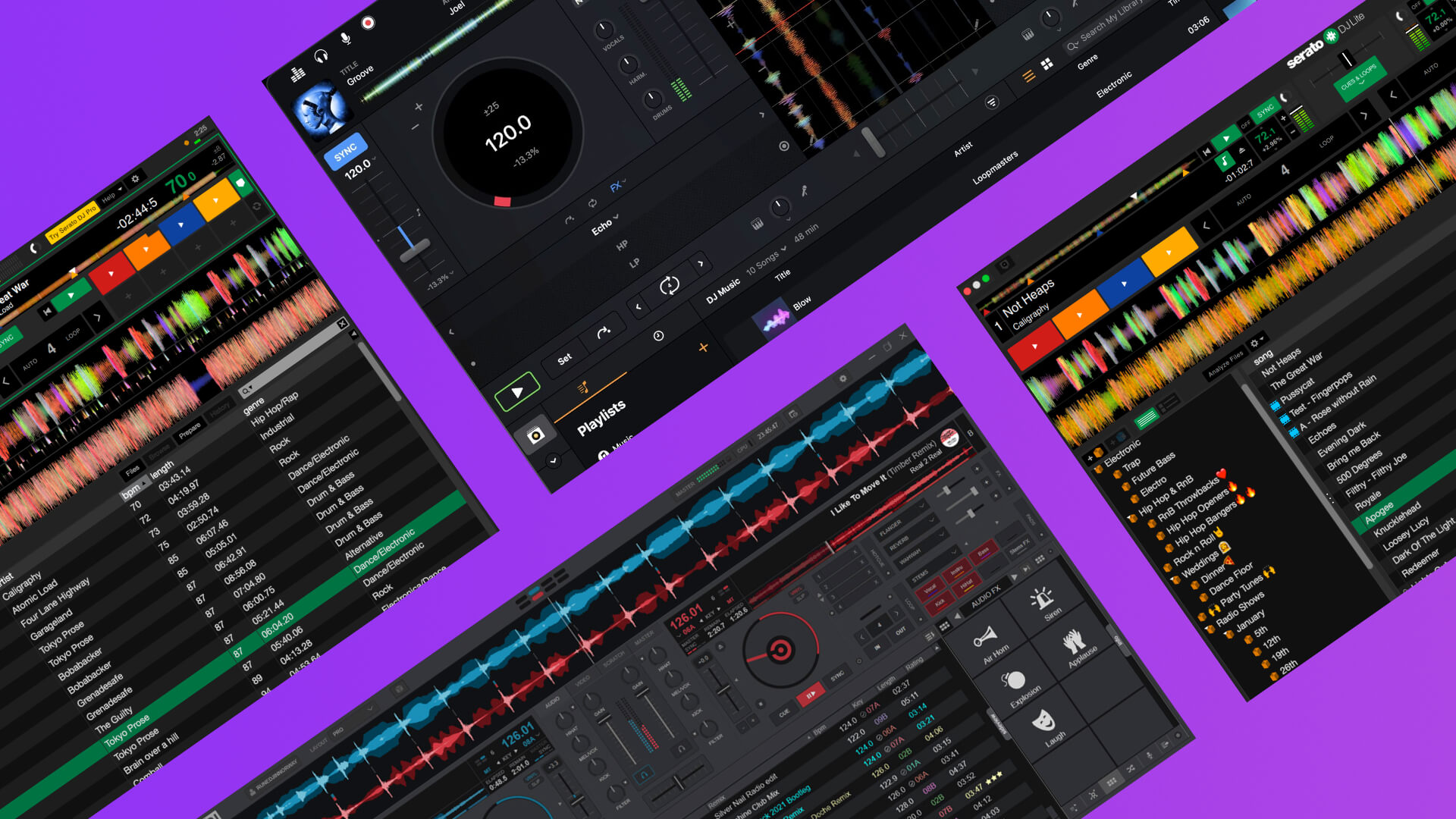
When it comes to diving into audio software and DJ programs, we’re not just hitting play and seeing what happens. Our approach is methodical and, let’s admit it, a bit geeky—but in the best way possible.
- User Experience (UX): We kick things off by installing the software, just like any DJ would. We look at how intuitive the setup is, whether the interface is user-friendly, and how easy it is to get the beats rolling. After all, nobody wants to spend hours buried in manuals when the party’s waiting!
- Feature Analysis: There’s the basic stuff that every DJ software should have, and then there’s the ‘wow-factor’ that separates the good from the great. We dive deep into the toolkits, exploring loop settings, cue points, effects, and more.
- Performance & Stability: A DJ’s worst nightmare? Software crashing mid-set. We push these programs to their limits—adding tracks, flipping effects, and occasionally throwing a curveball to see how they handle it.
- Sound Quality: At the end of the day, it’s all about the music. We assess the software’s sound output both on studio monitors and in live settings. Whether it’s a subtle transition or a bass-heavy drop, we want to make sure the software delivers pristine sound every time.
- Integration & Compatibility: Last but not least, we look at how the software meshes with other tools. Whether it’s MIDI controllers, digital turntables, or other software, seamless integration can make or break a DJ’s flow.
And the best part? Once we’re done, we share every juicy detail, tip, and trick with you, ensuring you’re set up for success, regardless of whether you’re a bedroom DJ or headlining a festival.
How we test DJ controllers
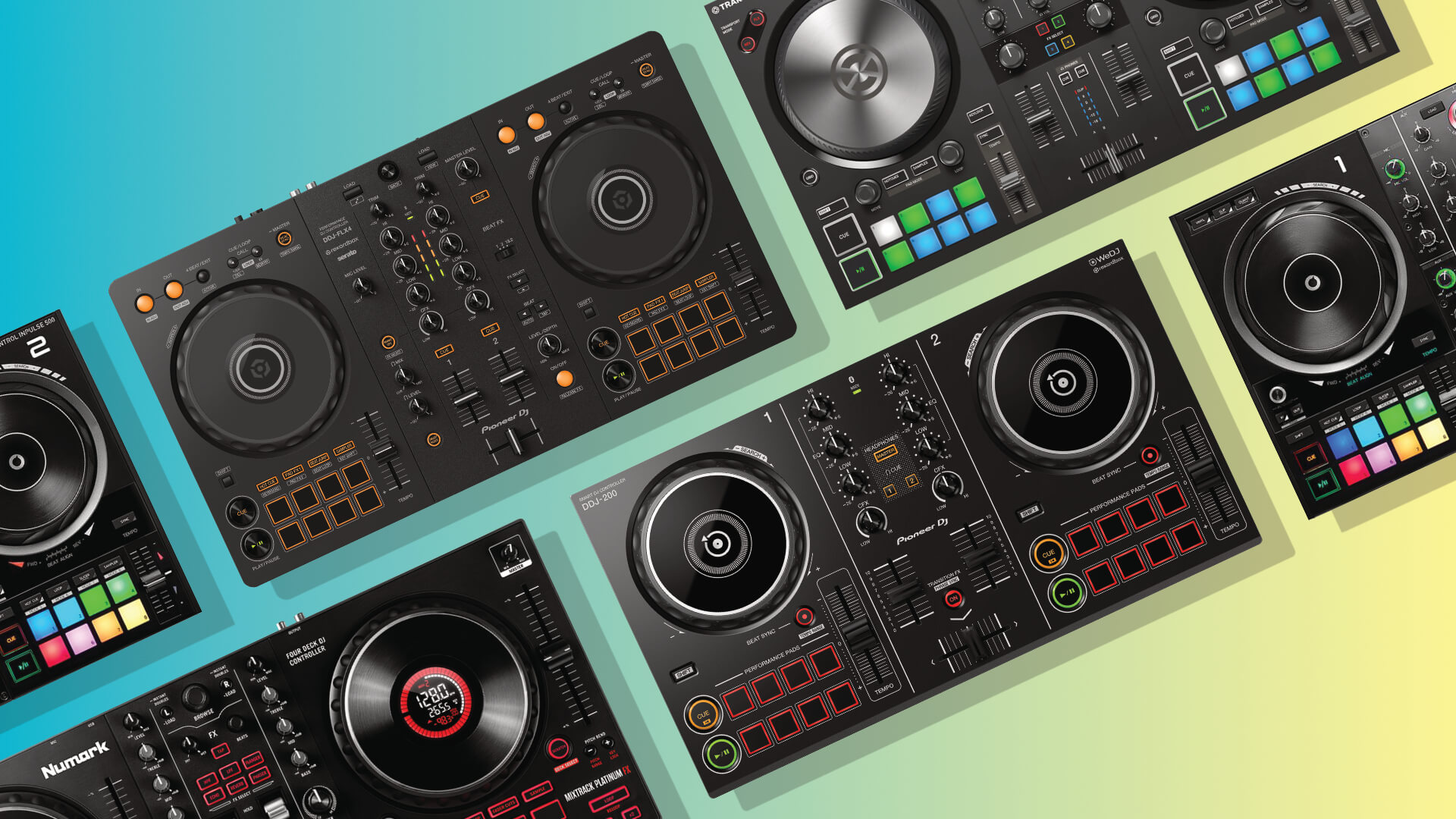
DJ controllers, like many instruments and tools, have an inherent subjectivity. We always aim to set our biases aside to evaluate them holistically. Every controller we analyze, be it budget-friendly or top-tier, has to pass a rigorous set of standards before we endorse it.
Upon receiving a new DJ controller, our initial move is to gauge its build quality. Every component, from faders to jog wheels, is scrutinized for robustness and precision. Controllers with detachable components or additional attachments are given extra attention to ensure they fit seamlessly and securely.
Hardware plays a crucial role. We meticulously examine every knob, pad, and button, ensuring they move smoothly and respond promptly. The controllers’ electronics, particularly their sound card and input-output ports, come under close inspection.
Should a controller feature any additional components, like FX modules or sample pads, their functionality and integration get a thorough review. At this juncture, we also observe the controller’s aesthetic, verifying that its design and finish correspond to its price bracket.
Subsequently, we move to a hands-on test. Our focus here is on the real-time experience of a DJ, considering many will use the controller immediately upon purchase. We assess the comfort of the layout, the finish of the touchpoints, and the responsiveness of every feature. It’s also critical to identify any inconsistencies in the pads, potential latency issues, or misalignment in faders.
Finally, the sound output. Though subjective, a DJ controller is often designed with a certain audio signature in mind. Our goal is to ascertain if it meets those auditory expectations and, more interestingly, if it delivers unexpected aural delights. We subject controllers to various musical genres and environments, pushing them to reveal their full sonic potential.
This rigorous process ensures that when we recommend a controller, it’s not just good—it’s exceptional in every sense.
How we test DJ headphones
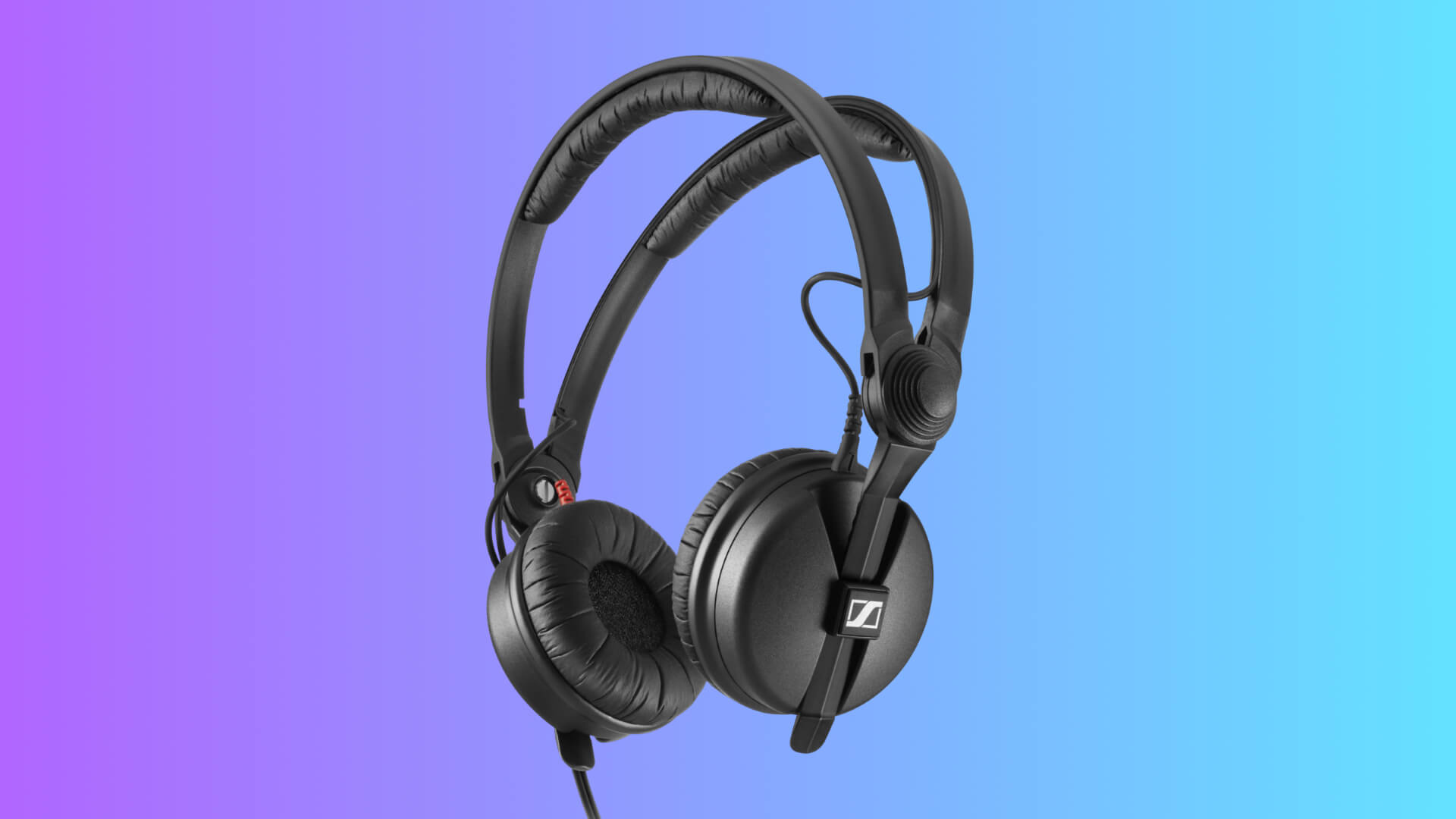
Headphones, especially those tailored for DJs, are a deeply personal piece of equipment. Each pair has its own sonic signature, feel, and design nuances. We aim to cut through the noise (literally and figuratively) to give you the best insights. Whether they’re budget buds or audiophile-grade cans, we employ a consistent methodology to test them out.
The moment a pair of DJ headphones lands on our desk, our immediate step is to evaluate their build and ergonomics. How do they feel in the hand, and more importantly, on the head? We examine the adjustability of the headband, the cushioning on the ear cups, and the materials used. For DJs, headphones are as much about comfort during long sets as they are about sound, so we make sure they can endure the marathon sessions without causing strain.
Next, we look at the headphones’ functionalities tailored for the DJ scene. Can they swivel for one-ear monitoring? How sturdy are the hinges? What about the cable – is it detachable, and does it resist tangling? We’re also on the lookout for features like collapsibility for easy transport or any additional inputs suitable for DJing environments.
Now comes the part that’s both science and art: sound testing. Every DJ headphone is designed to deliver a certain sound profile, whether it’s a flat response for accurate mixing or enhanced bass for club environments. We hook them up to a range of audio sources, from DJ controllers to standalone mixers. Here, we’re not just checking if they sound ‘good’ but whether they faithfully reproduce tracks, handle high volume levels without distortion, and isolate ambient noises effectively.
Moreover, we consider the headphones in real-world DJ scenarios. How do they perform in a noisy environment? Can they keep up with rapid genre transitions, and do they highlight those critical mid frequencies that DJs often rely on during mixes?
By the end of our evaluation, we aim to have a comprehensive understanding of the headphones’ strengths, quirks, and suitability for the demanding world of DJing. Every recommendation we make stems from hours of listening, tweaking, and, most importantly, experiencing the music as you would.
How we test DJ turntables
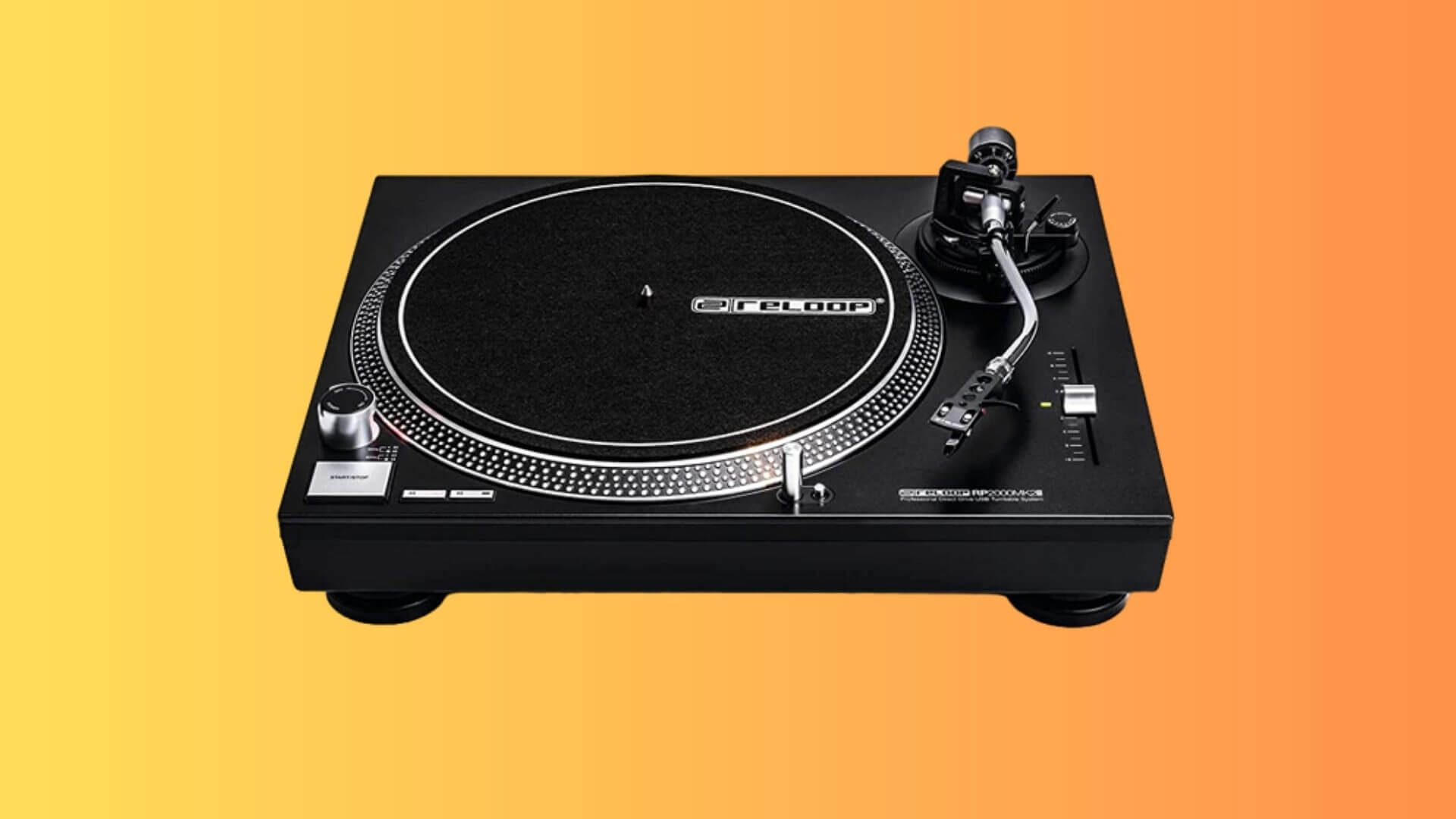
Turntables are the venerable ancestors in the DJ world, having evolved while preserving their iconic essence. In our analysis, we aim to blend reverence for this tradition with a clear-eyed appraisal of modern innovations. Every turntable, whether it’s a direct-drive powerhouse or a belt-driven classic, undergoes a thorough examination before we stamp our approval.
The very instant a DJ turntable graces our studio, we first engage with its physicality. How does it feel? Sturdy, wobbly, heavy, light? Given the mechanical nature of turntables, build quality is paramount. We assess the solidity of the plinth, the texture of the platter, and the quality of the tonearm. Special attention is given to features that are critical for DJing, such as pitch control sliders, start/stop button responsiveness, and any onboard controls.
A significant portion of our evaluation also dwells on the motor. For DJing, stability and torque are vital, so we gauge how quickly the turntable reaches its intended speed and whether it maintains this speed consistently. The last thing any DJ wants is an inconsistent BPM due to turntable fluctuations!
Then we proceed to the heart of the matter: playback quality. Turntables should offer a pristine listening experience, whether it’s the rich warmth of vinyl or the clarity of modern pressings. We run multiple records, spanning various genres, paying attention to nuances in the midrange, the punchiness of bass, and the crispness of highs. Additionally, we factor in aspects like anti-skate settings, cartridge quality, and the potential need for upgrades.
Real-world application is crucial. We replicate the dynamic conditions of a live set. How seamlessly can one mix between two turntables? Is there any feedback when paired with powerful speakers? How do they cope with external vibrations or minor jolts?
Finally, the turntable’s compatibility and adaptability come into play. How effortlessly can it integrate with mixers, DVS systems, or external preamps? Does it cater to both traditionalists who prefer the analog feel and those who lean into digital enhancements?
Our aim, through this intensive process, is to ensure that every DJ turntable we endorse not only meets but exceeds the demands and expectations of the modern DJ, while paying homage to its storied past.
How we test DJ mixers
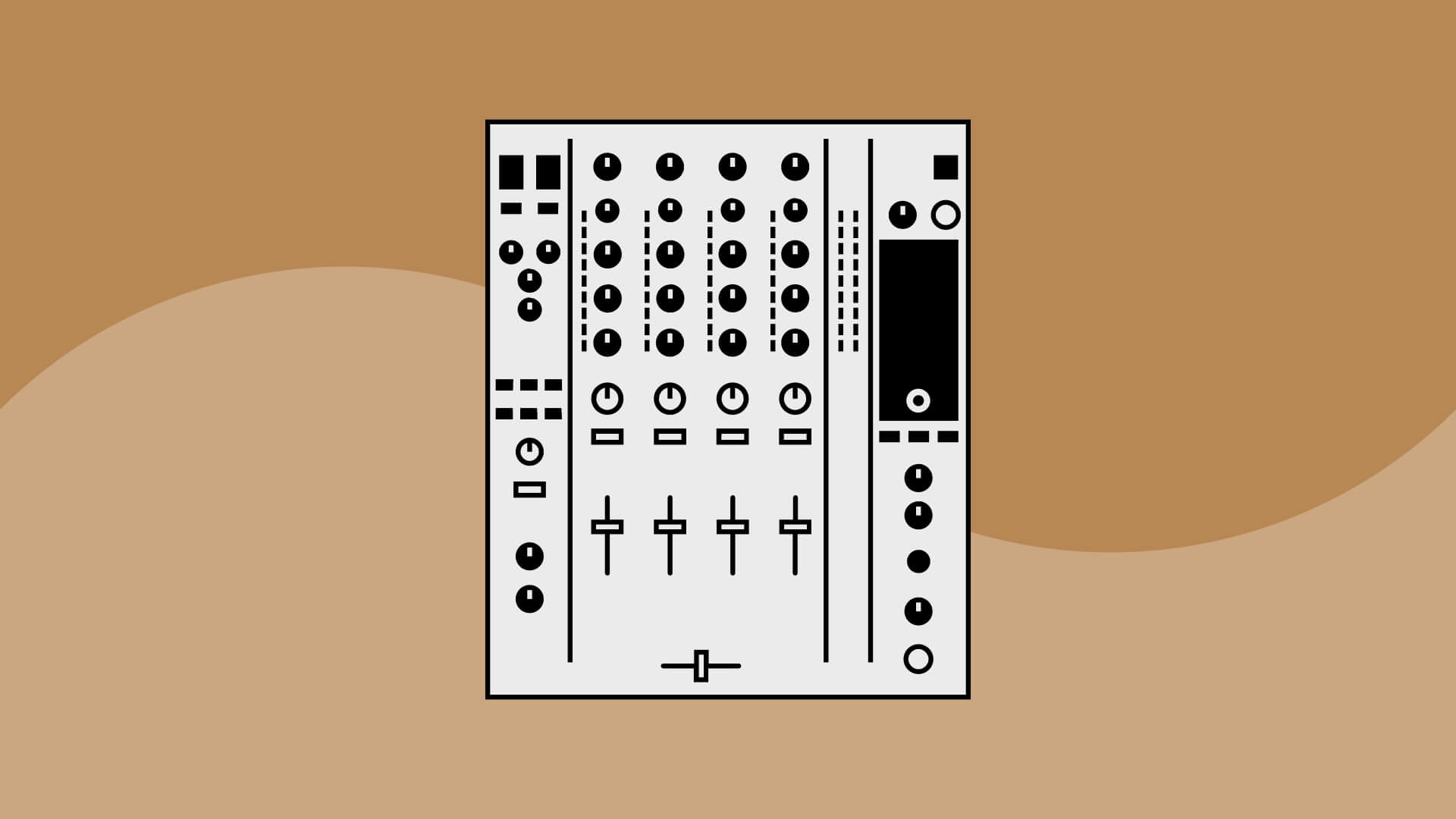
DJ mixers sit at the epicenter of a DJ’s setup, serving as the nexus where tracks meet, blend, and transition. Their importance can’t be overstated, and our approach to testing them is as comprehensive as their role in a DJ’s arsenal. Whether it’s a compact two-channel battle mixer or a sophisticated four-channel behemoth, we have a systematic methodology to vet them.
Upon the arrival of a new DJ mixer at our facility, our first course of action is to delve into its build quality and layout. We look at the tactile feel of the faders, the responsiveness of the EQ knobs, and the sturdiness of input and output ports. Given the rapid and sometimes aggressive movements DJs often employ, a mixer needs to be resilient and enduring.
The audio circuitry is our next focal point. A mixer’s primary job is to deliver sound in the purest form. We test its preamps for clarity, assess the headroom to ensure it can handle peak levels without distortion, and evaluate its phono and line switches for seamless transitions. The quality of onboard sound effects (if present) like filters, echoes, or beat effects also undergo scrutiny.
Cueing is a crucial aspect of DJing, and so we spend considerable time on the mixer’s cue system. How accurate and flexible is the cueing? Can one easily switch between cue channels? Does the split cue function (if available) perform without glitches?
For those mixers with built-in sound cards, we test digital integration. This means checking compatibility with popular DJ software, assessing latency levels, and ensuring a seamless digital-analog conversion process.
We then push the mixer into real-world conditions. How does it handle the stress of a live mix, with rapid track changes, EQ tweaks, and on-the-fly effects adjustments? For mixers with more advanced features, like MIDI control or onboard displays, we verify their utility and responsiveness in the heat of a live session.
Lastly, connectivity options are assessed. We examine the variety and versatility of input and output options, considering both traditional setups and more advanced rigs that might involve synths, drum machines, or digital vinyl systems.
Our mission is straightforward: to guarantee that every DJ mixer we advocate is a reliable, efficient, and innovative tool that elevates the art of DJing to greater heights.
How we test speakers
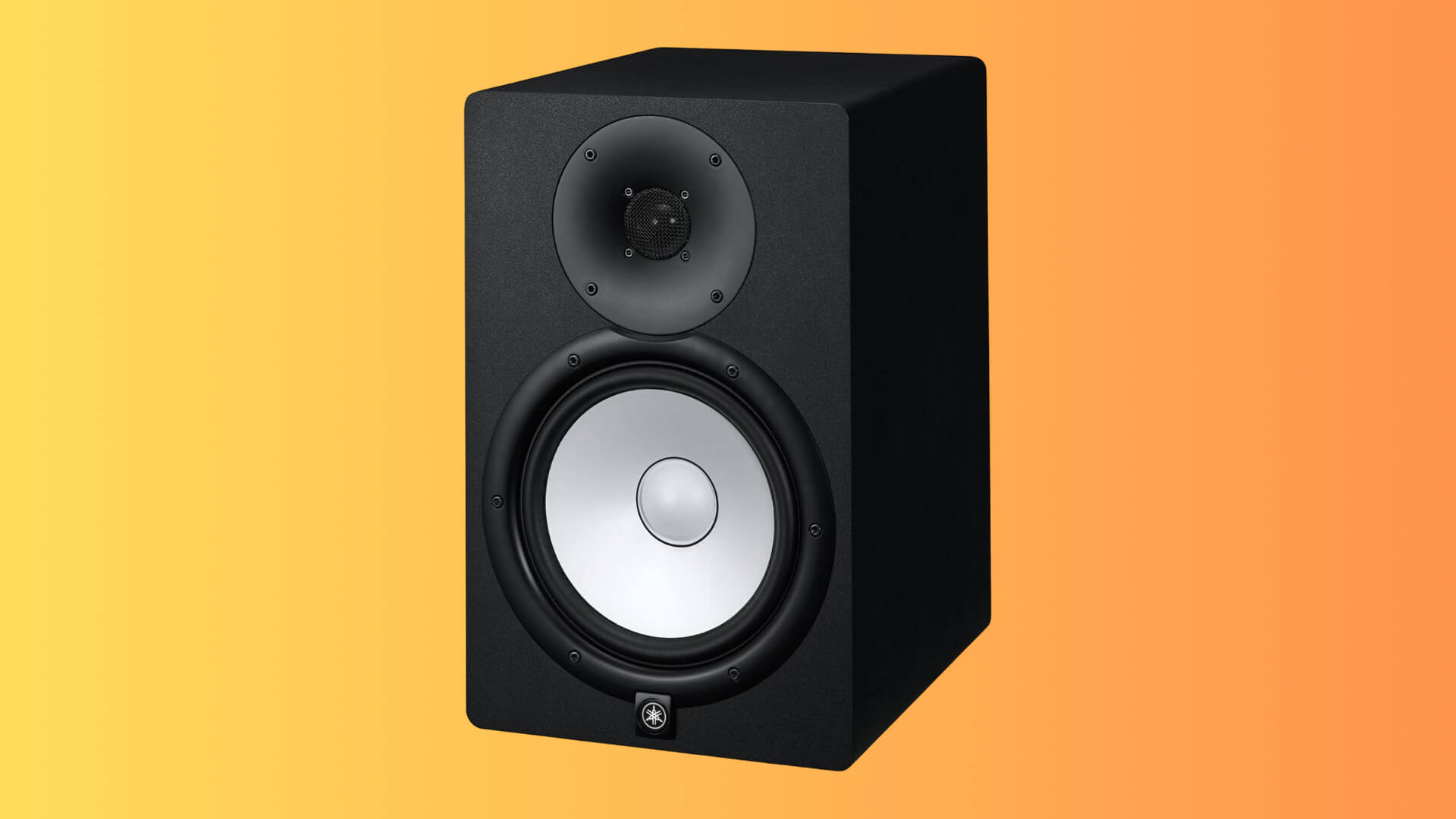
Speakers, in all their varied forms, are the sonic mouthpiece of any audio setup. They breathe life into music, translating electronic signals into palpable sound waves that move us. Given the spectrum of speakers we evaluate – from portable Bluetooth devices to imposing PA systems – our review process is expansive yet finely tuned to the nuances of each category. Here’s a glimpse into our method:
- Build and Design: Irrespective of the speaker type, our first interaction revolves around its physical attributes. We inspect the material quality, construction robustness, and design aesthetics. Elements like weight, portability, and placement flexibility (especially for studio monitors or nearfield monitors) are factored in.
- Setup and Connectivity: Before diving into sound tests, we assess how user-friendly the setup process is. For Bluetooth speakers, how seamless is the pairing? For studio monitors or PA systems, how adaptable are they to different audio sources or environments? The variety and quality of input/output ports are thoroughly checked.
- Sound Quality: The crux of our review. We employ a diverse playlist, spanning multiple genres, to probe the speaker’s audio profile. The bass’s depth, midrange’s clarity, and treble’s crispness are all under the microscope. We listen for any distortion at high volumes, and for studio monitors or nearfield speakers, the accuracy of sound reproduction is paramount.
- Real-World Testing: While lab tests are essential, there’s no substitute for real-world usage. Bluetooth speakers might be taken on a day out to check battery longevity, water resistance, or outdoor sound projection. PA systems are tested in environments mimicking live events to understand their coverage and dispersion. Studio monitors are evaluated in actual studios, gauging their performance in mixdowns and playback.
- Advanced Features: Many modern speakers come with added functionalities. This could be EQ customization, built-in DSPs for studio monitors, or even smart features in Bluetooth speakers. We explore these to ascertain their real-world utility and performance.
- Value Proposition: Lastly, we juxtapose the speaker’s price point with its performance, features, and competitors. Does it offer value for money? Where does it stand in the crowded market landscape?
At the end of our rigorous review process, our intent is to present a holistic picture, guiding you, whether you’re a DJ craving that perfect booth monitor, a producer in search of precise studio monitors, or just someone wanting a robust Bluetooth speaker for the next beach party.
Our recommendations are born from hours of listening, tinkering, and passionate debates about what good sound truly is.
